What is OrderCloud? Basic Terminologies of Sitecore OrderCloud
Published: 21 April 2023
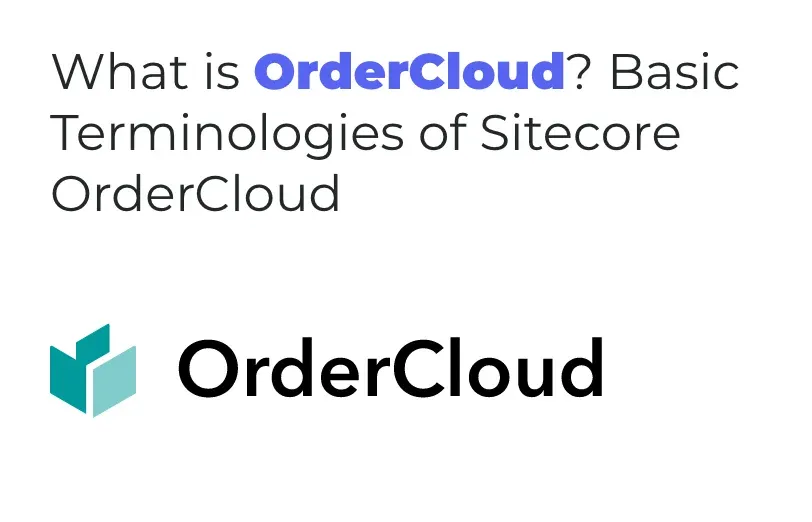
Sitecore OrderCloud is a cloud-based commerce platform that enables you to build, manage and scale your ecommerce business. Sitecore Ordercloud offers a wide range of features and functionalities along with the fact that it is headless.
OrderCloud is designed with MACH architecture and supports the simplest to the most complex business models and use cases. Here are some of the terminologies of Sitecore OrderCloud that will help you understand the dynamics:
1. MARKETPLACE
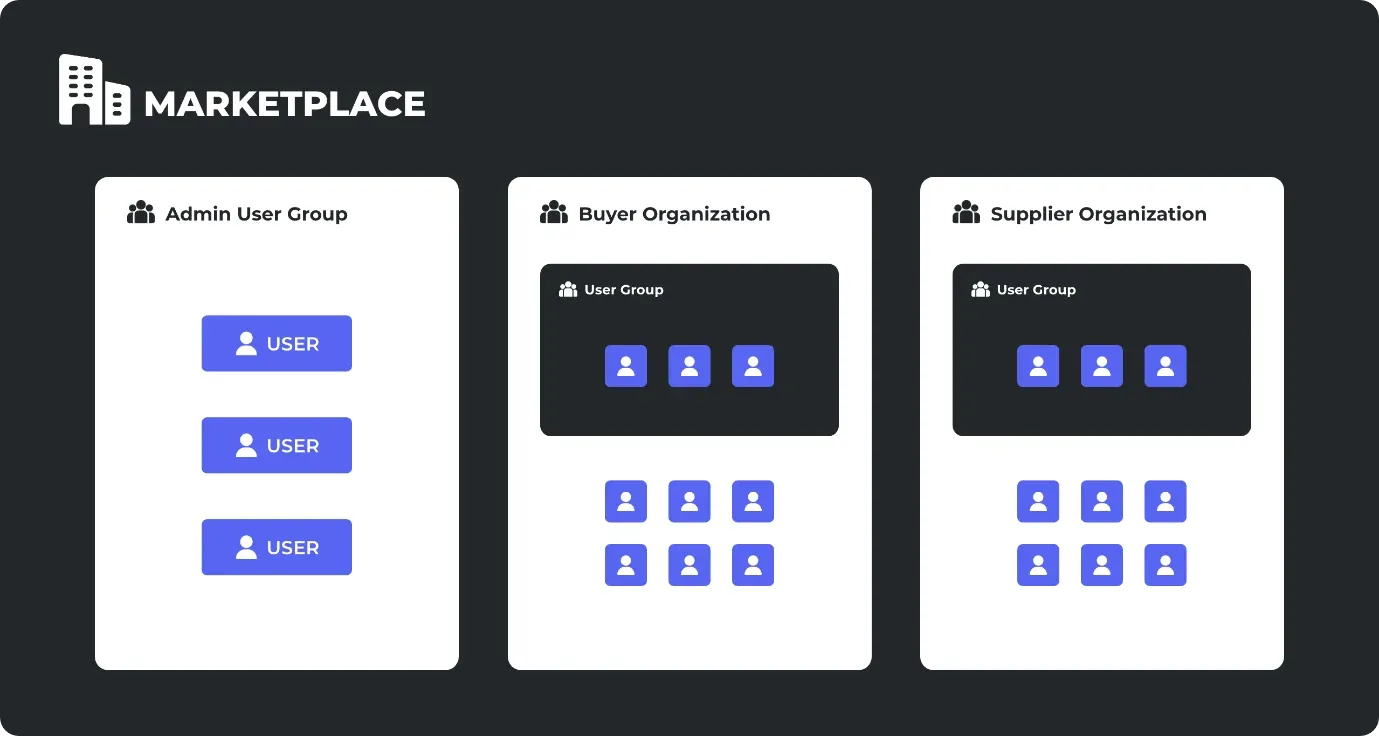
Marketplace is the root entity of any OrderCloud solution whose main purpose is to maintain the buyers' functions.
- A marketplace is a potential platform that synchronizes buyers, sellers, and suppliers to perform their regular selling-buying operations.
- OrderCloud facilitates users to create their Marketplace as per the business needs and functions.
- To create a Marketplace
- The user needs to add the region in which he/she is willing to start the business.
- Specify the environment as per its unique purpose.
- Production
- Staging
- Sandbox
- A Marketplace id will be created
- Just specify the Marketplace
- Successfully, users will be able to create their own space to perform the regular business functions.
2. Buyers:
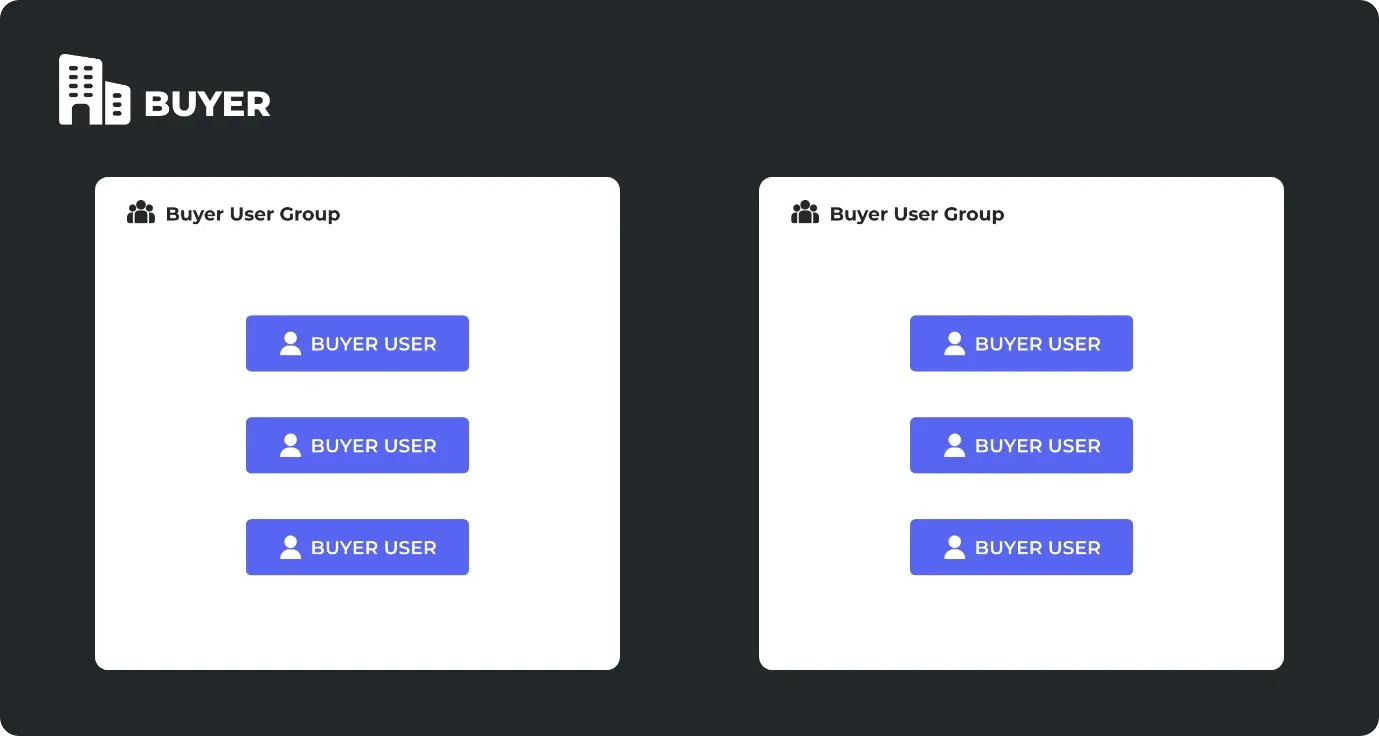
Each Marketplace can contain multiple buyers. These entities do exactly what you might think: they buy products from the marketplace. There are various ways that buyers can be configured.
- Buyers are the main persona in an e-commerce B2B Marketplace. Buyers are the actual person who selects the products from the Product catalog and further, the business takes place.
- Buyers need to assign their users, user groups, addresses, costs, catalogs, spending accounts, and approved rules.
- Buyers’ key interest area is the outgoing orders.
3. Product:
- Product is a physical, digital, or abstract feasible item that the seller organization is going to sell which the buyer user purchases through an order.
- Product is created either through Rest API, OrderCloud console, or Seller-Admin Panel. In Marketplace, the user needs to add product id, product name, product description, Active status, Product Price Schedule, Quantity Multiplier, etc.
- To make the product visible in the Marketplace, assign the product to Buyer Active Catalog which Sitecore OrderCloud has termed as Product-catalog assignment.
4. Suppliers:
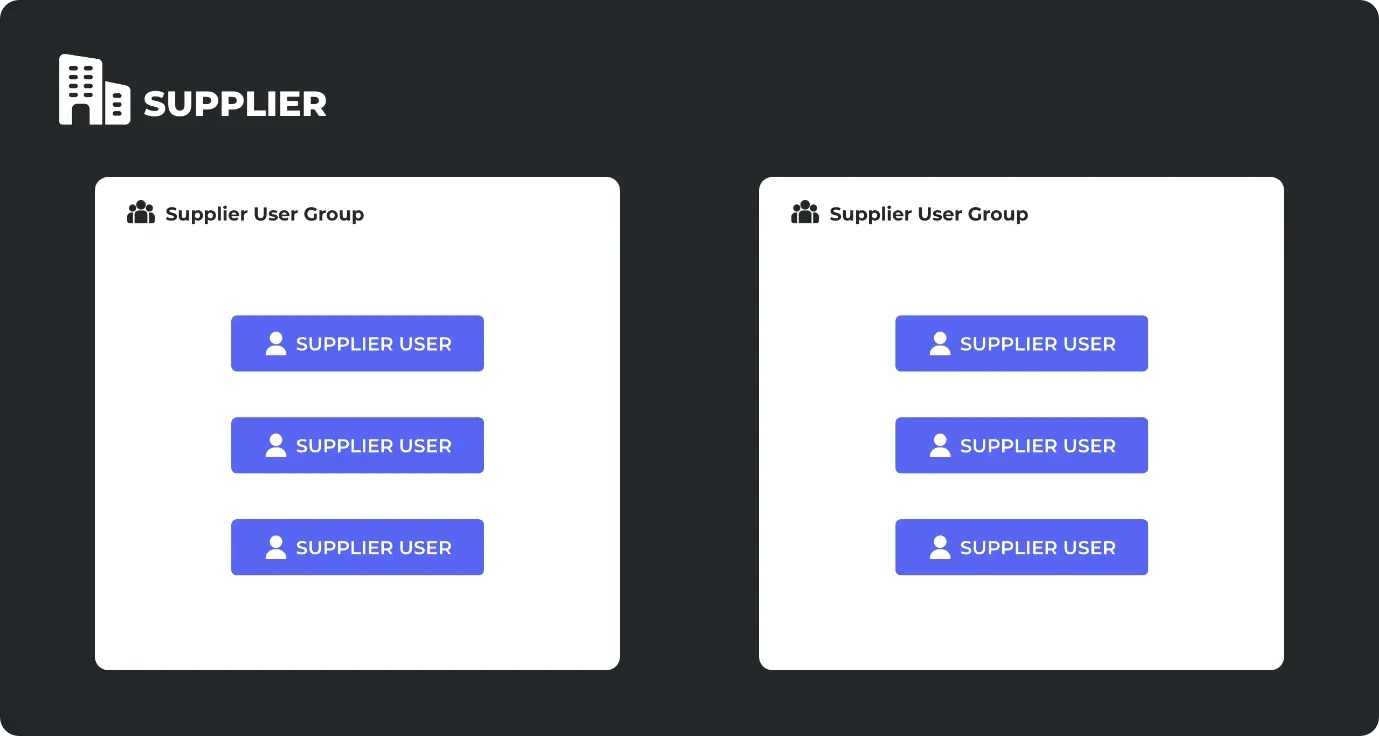
Like buyers, marketplaces can contain more than one supplier. They exist on the same hierarchical plane as buyers; however, their purpose is generally geared towards order fulfilment.
- Suppliers used in indirect supply chain scenarios. They are optional and depend on the sellers. Suppliers will be assigned a unique id and further, the hierarchy, Supplier user, Supplier User group, and Supplier Address are needed to assign.
- Suppliers are focused on incoming orders.
5. Catalog:
A Catalog represents a group of categories used to group and place content for a specific audience. All buyers are issued and assigned a default catalog upon creation. Catalogs can be shared between buyers using assignments.
- Catalog represents the product type and the needed category to which it needs to assign. It is main entity of Marketplace, which holds the active product type and needed category. We can apply personalization for the Catalog.
6. USER GROUPS:
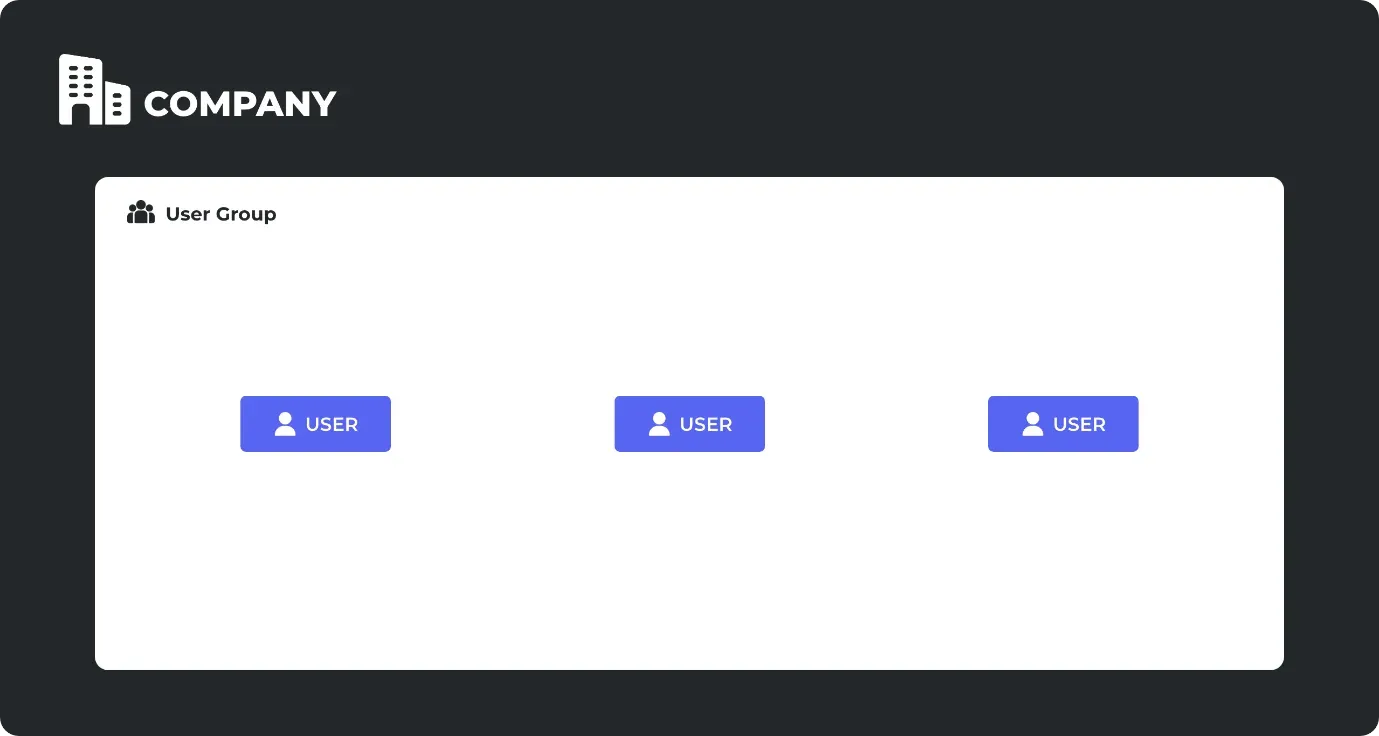
Within each type of company mentioned above, user groups are available to simplify the management of a large user base
- User groups simplify the management part when handling a large company.
- Each user has the authority to access multiple user groups within a company, by inheriting all the relationships of the specified user group and data associated with it.
- High level of personalization experience for users within each type of company can be seen and advantages of group-level relationships can be inherited.

Mitesh Patel - Technical Head - ADDACT
Sitecore || XMCloud || OrderCloud Certified
Mitesh, a distinguished Technical Head at Addact/Addxp, is a prominent figure in Sitecore/XMCloud/OrderCloud certified writing. From Sitecore XM Cloud Developer Certification to Sitecore 10 .NET Developer Certification and Sitecore OrderCloud Certification, Mitesh's expertise is unparalleled. Mitesh is not only a skilled Sitecore CMS developer but also a 12+ years experienced software engineer proficient in various technologies such as MVC, ASP.Net, C#, jQuery, and Azure cloud/AWS.
